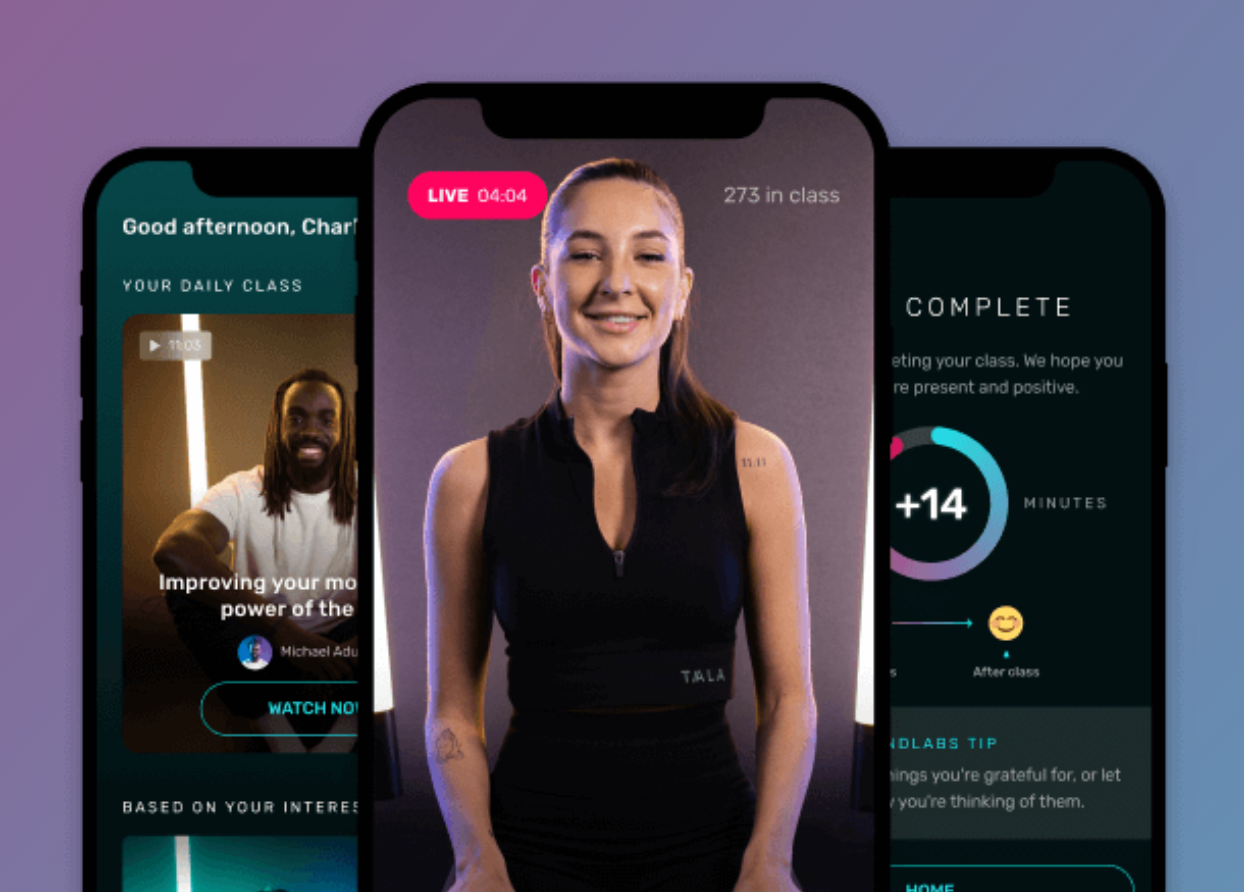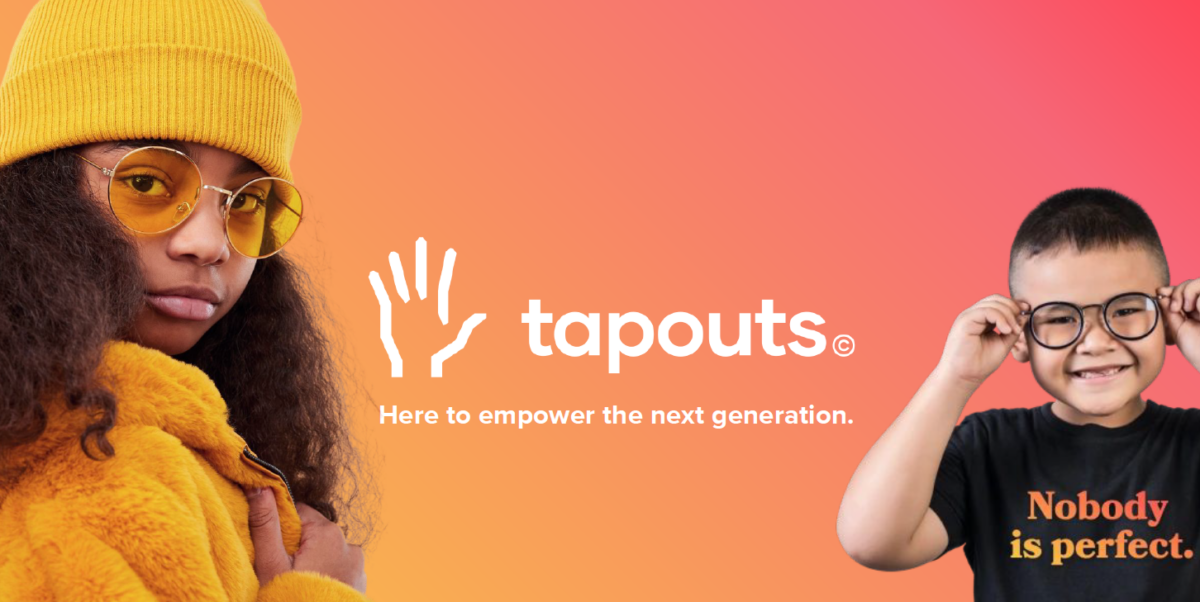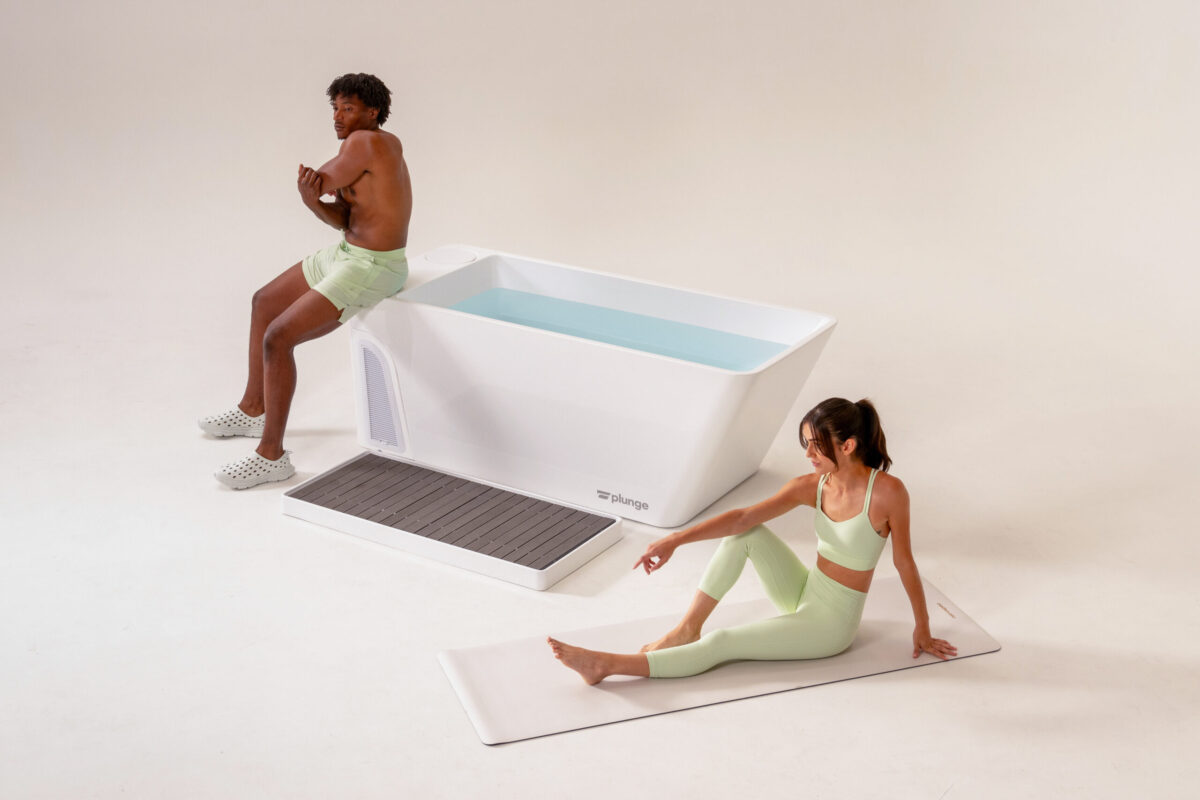Startup Q&A is an interview series showcasing health, fitness, and wellness companies.
In this Q&A, we caught up with Adnan Ebrahim, co-founder and CEO of MindLabs, a mental wellness app available in the UK and Europe. Adnan discusses entering a digital meditation market with too many “single-player” options and how his company is fostering digital community and real happiness through live, personalized classes.
Can you tell us about what you’re working on at MindLabs?
Adnan Ebrahim: MindLabs is a live mental wellness platform.
Our video-first classes are led by expert instructors and backed by neuroscience, helping our users stress less, sleep better, be more energized, and feel happier.
We believe that the first wave of meditation apps are just scratching the surface of what’s possible. They offer a shallow, one-size-fits-all, single-player experience and, ultimately, it has resulted in low engagement and poor retention. 85% of users quit these meditation apps within the first 12 days!
Instead, we know that people crave a live, rich, and personalized experience to deal with their mental health. The question we asked ourselves was: How can we create a more engaging product than what exists today?
With COVID-19, we saw the rise in at-home physical fitness apps, and we believe with today’s advancements in progress tracking, video-first apps, and digital community, we can do the same in the mental wellness space.
How did you come up with the idea? What key insight led you to pursue this opportunity?
AE: My co-founder Gabor and I have spent the last 10 years building digital communities. The largest, Car Throttle, was a venture-backed auto enthusiast community that grew to 12 million followers and half a billion monthly video views before it was acquired in 2019 by Dennis Publishing.
However, we’ve both had personal experiences dealing with poor mental health. For me, in my early 20s, I dealt with the mental struggles of being a young first-time founder growing a challenging digital business and started seeing a therapist for the first time. Gabor, in his teens, was diagnosed with severe health anxiety.
In both cases, we found mindfulness practices helped us to better understand our minds. But we realized that there wasn’t a product for millennials like us; something that was mobile-first, video-led. Also, something that allows you to track your progress over time, in the same way you might measure weight loss in the gym.
Having started to see the effects of the pandemic, we realized that it was the perfect time to help solve the world’s growing mental health crisis with a digital-first product.
How did you turn your idea into a company?
AE: As second-time founders, we really understand the importance of executing and iterating fast. We were quick to build our first prototype to validate whether there was market demand for our product. We shot our first video classes, designed v1 of an app, and, using next-gen wearables, successfully showed that users would lower their stress by taking one of our classes.
With this early data, we were able to raise our $2M pre-seed round of funding, and we quickly built out our team of consumer, healthtech, and neuroscience experts.
We’re big believers in the power of social media, and given our backgrounds, we were able to very quickly grow our audience on Instagram to 70K+ followers. When we opened up beta access to the app, this allowed us to onboard the first few thousand users.
By demonstrating a much higher app retention rate than industry standard, we were able to raise our $3.5M seed from awesome investors like PROfounders Capital and Slack Fund, and we’re now launching the app in the UK and Europe.
How big can this get? What’s the addressable market and how do you go about capturing it?
AE: Clearly, the market for helping people to feel happier is huge. We want our product to be accessible, affordable, and transformative in helping you understand your mind.
Right now, we’re narrowing our focus on the meditation market before we expand to anyone who might be thinking about preventative mental health solutions.
In the US, 30 million adults meditated in the last 12 months, and four million paid for meditation. So, there’s a $2B a year serviceable addressable market for us to attack just in the US alone. We also know that the global mindfulness apps market is expected to reach $4.2B by 2027, growing from $800M in 2022.
The pandemic has also accelerated market size as, unfortunately, more people are now dealing with health anxieties, income loss, bereavement, social anxiety, and loneliness, especially due to remote working.
So, there are some big market tailwinds with the global population feeling worse but clearly not finding the right solution to address their needs.
Who is the core customer? How are you acquiring customers? And how will you grow the customer base?
AE: Our core audience are “health optimisers.” These are predominantly working millennials who take care of themselves physically by going to the gym, owning wearables to track progress, and spending money to improve their physical health. However, they haven’t found the right solution to improve their mental wellness. Some have tried therapy, others have tried apps, but they haven’t stuck.
This market is most receptive to a new product that helps them create a new positive habit around improving their mental health, which is why our live and on-demand classes are such a key part of the experience. Video is a key component of our go-to market strategy and, again, given our experience managing huge social budgets for blue-chip advertisers, we understand how we can instantly find these target customers.
Looking at your road map, what are some of the milestones you’re targeting over the next 3-6 months?
AE: We’re super excited about the launch! After building the product for a year with extremely high NPS from beta testers, we can’t wait to be able to help more people feel happier.
Our future roadmap includes bigger bets about how we consume, interact ,and track progress. Thanks to the huge growth in the wearables industry, we know that actually measuring biomarkers like sleep, heart rate, respiration rate, and more can actually tell us a lot more about how you’re feeling mentally.
We also know the power of community and, given the link between physical meditation studios and the power of accountability they present, we’re excited to start exploring what this could look like for MindLabs.
If you’re interested in having your company featured in our Startup Q&A series, send an email to team@fitt.co.
Related reading from Fitt Insider:
Issue No. 139: Mental Healthcare Goes Digital
 MindLabs
MindLabs


